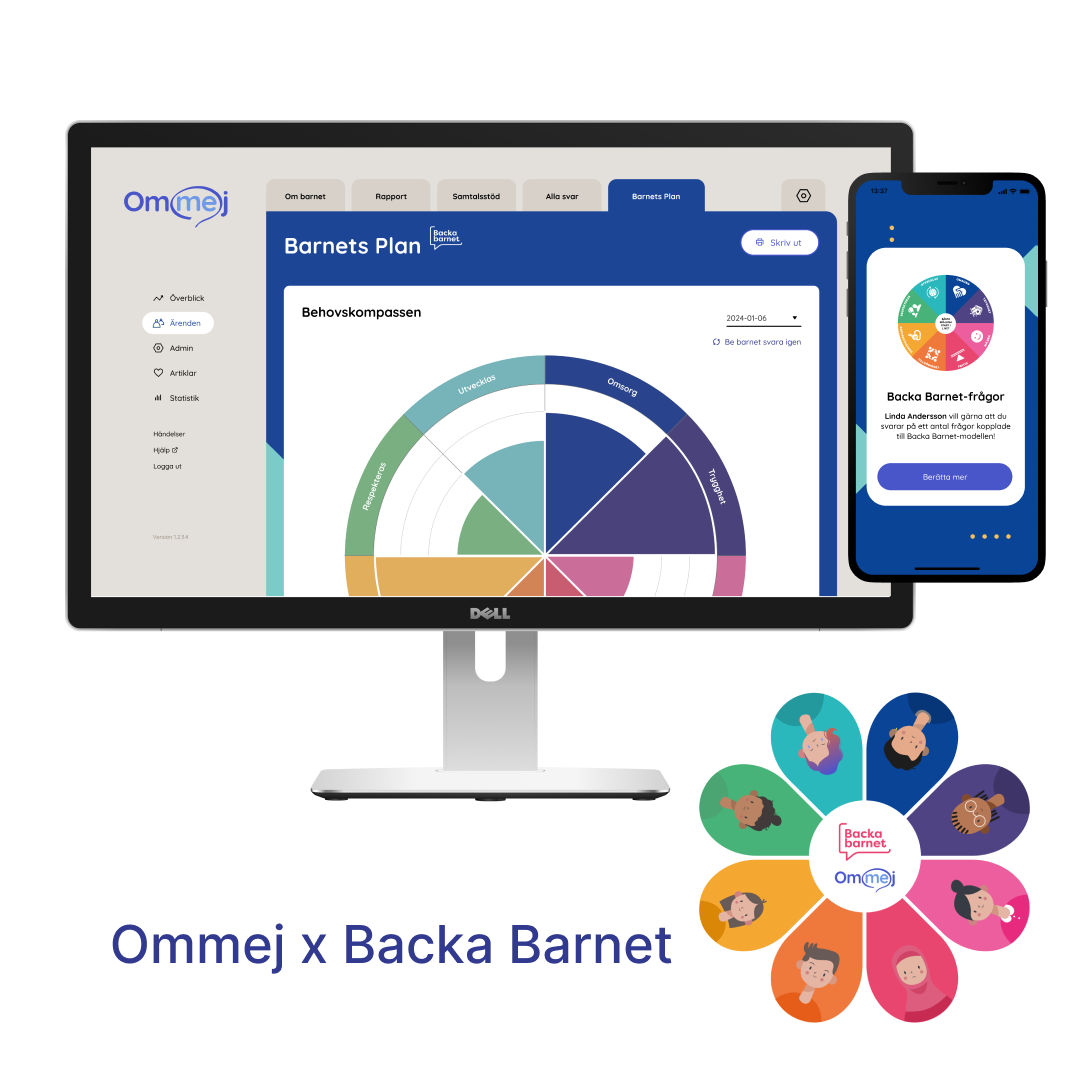IN Swedish daily newspaper we read about how the problem of young people in gang crime brings together local politicians in Stockholm in the search for new ways to stop recruitment to gangs. The "Back the Child" model is used in Lidingö and has proven to be successful, and therefore the Moderates in Stockholm want the same model to be introduced in the capital. The model is based on early detection of children who are at risk of, among other things, ending up in crime or other social problems. By coordinating the efforts between school, social services and the police, it is possible to circumvent the confidentiality obstacles and facilitate the exchange of information between the authorities. The model is based on the internationally recognized Scotland model. Due to municipal autonomy, it is up to each municipality to decide for themselves which working methods they want to use to deal with these issues. The government cannot impose a specific model on the municipalities, but the Minister of Social Services @camillawalterssongrönwall hopes that the municipalities choose a method that works across borders.
The collaboration between Ommej and "Back the child" in Ystad means that authorities can work with the Ommej app and Ommej's digital platform to earlier and more easily identify children and young people who are at risk of ending up in crime or other social problems. By coordinating efforts and information exchange between schools, social services and the police digitally, Ommej can effectively prevent children and young people from being drawn into gang crime and instead offer them support and safe alternatives. The collaboration between Ommej and Backa Barnet focuses on early detection and support of children and young people who need extra support to avoid ending up in criminal environments.
